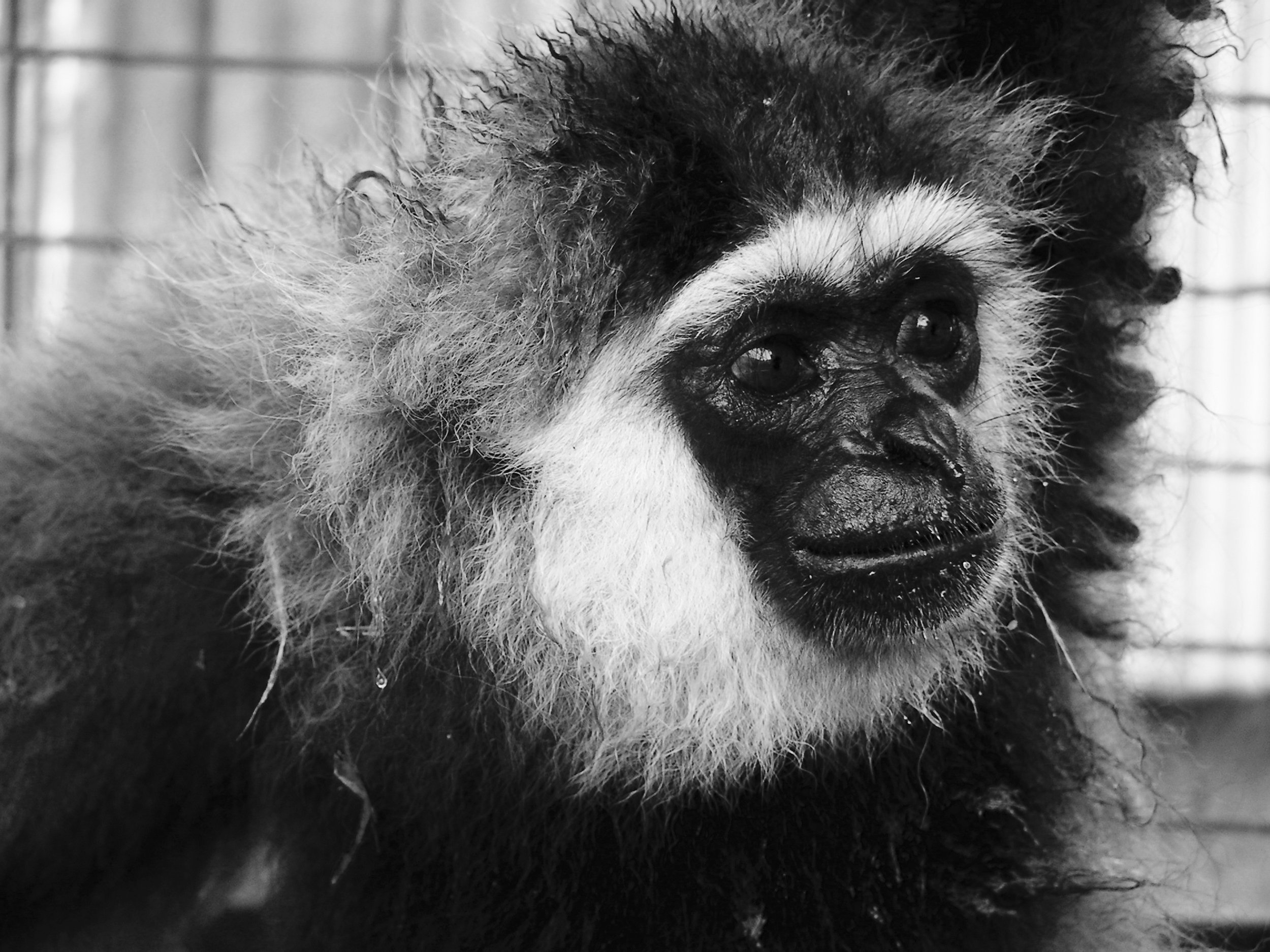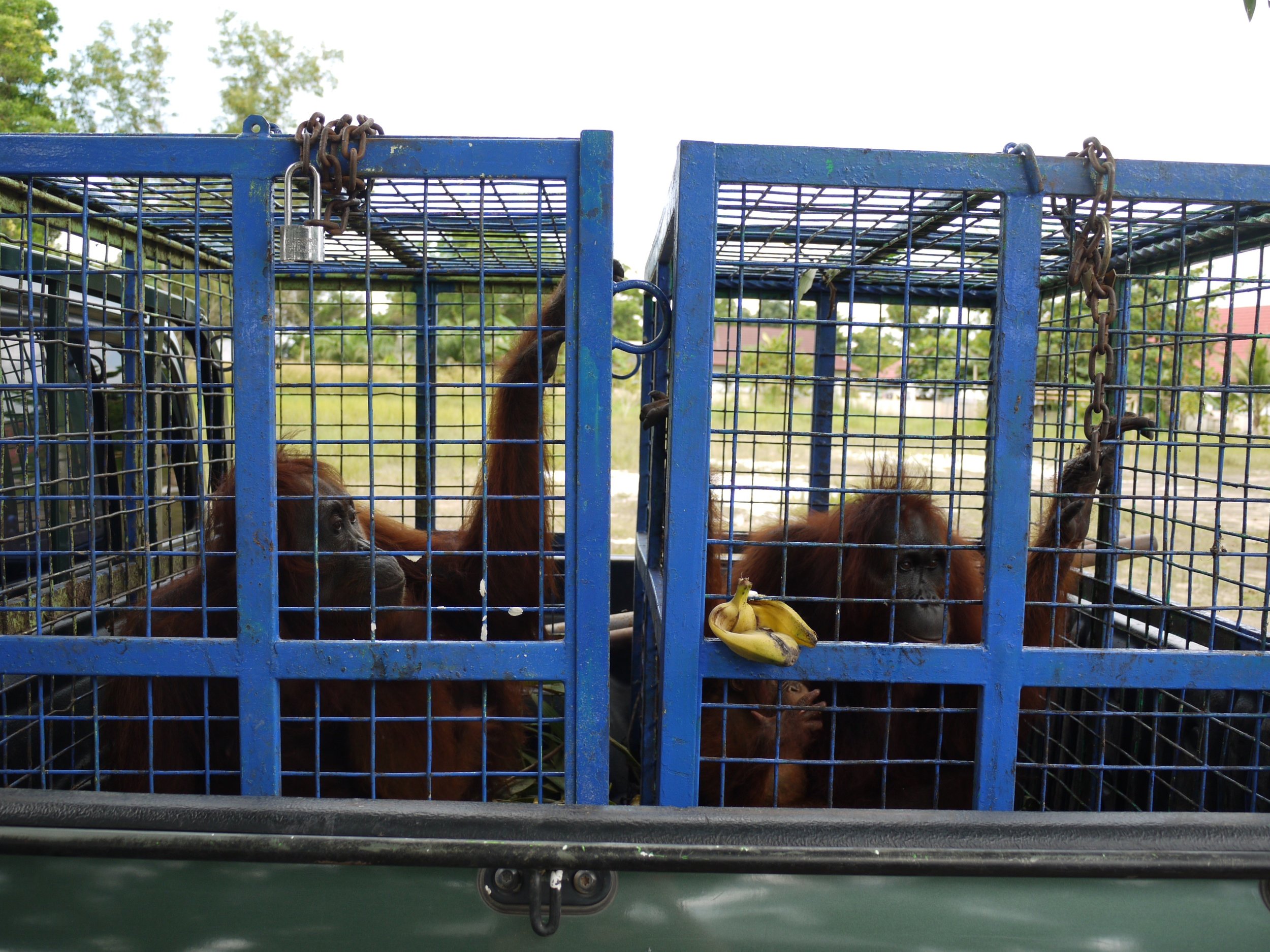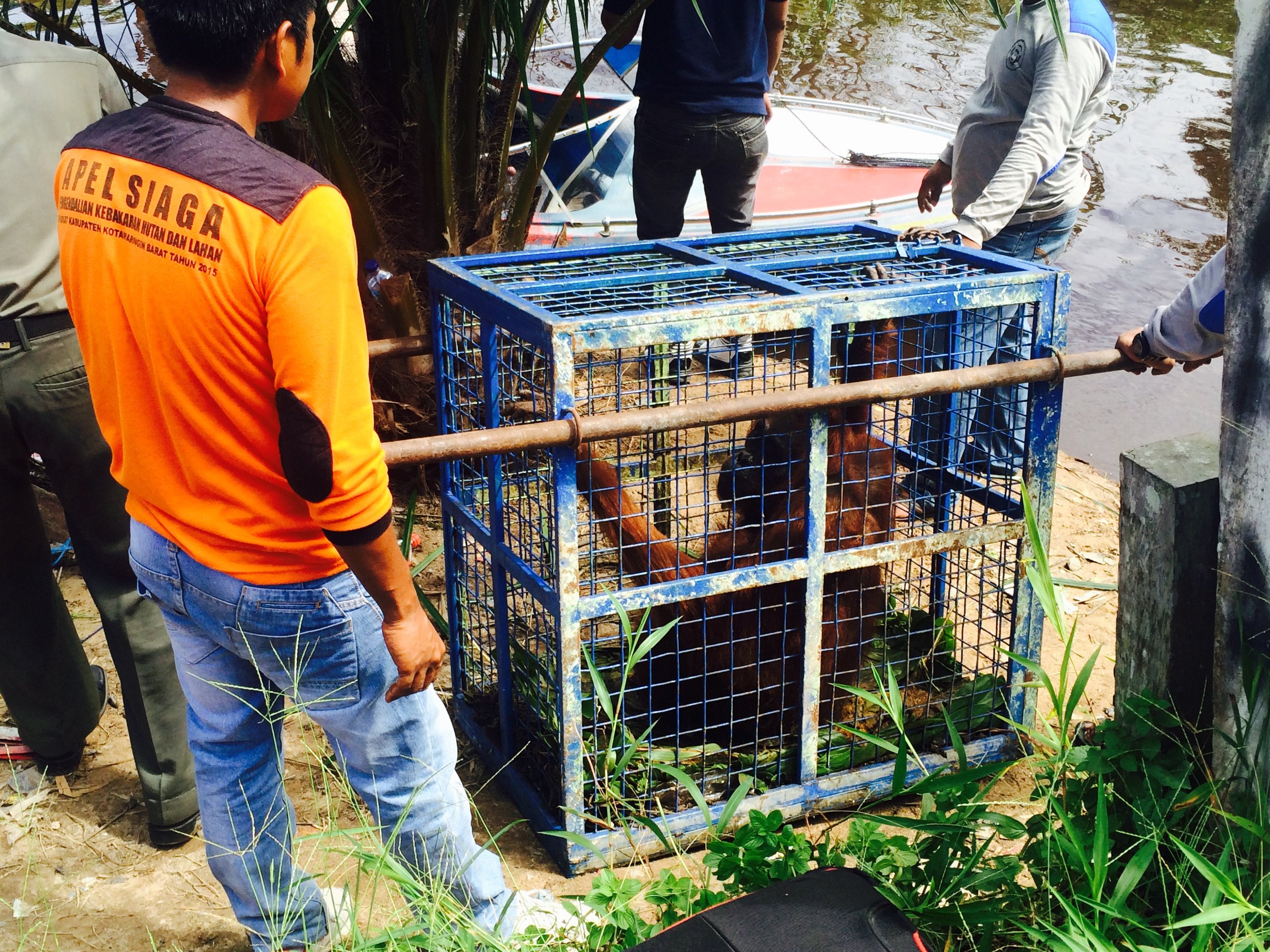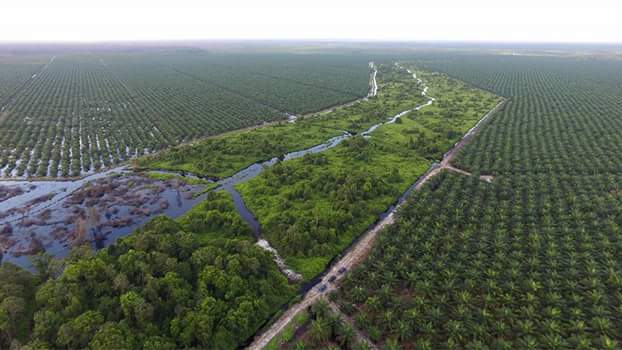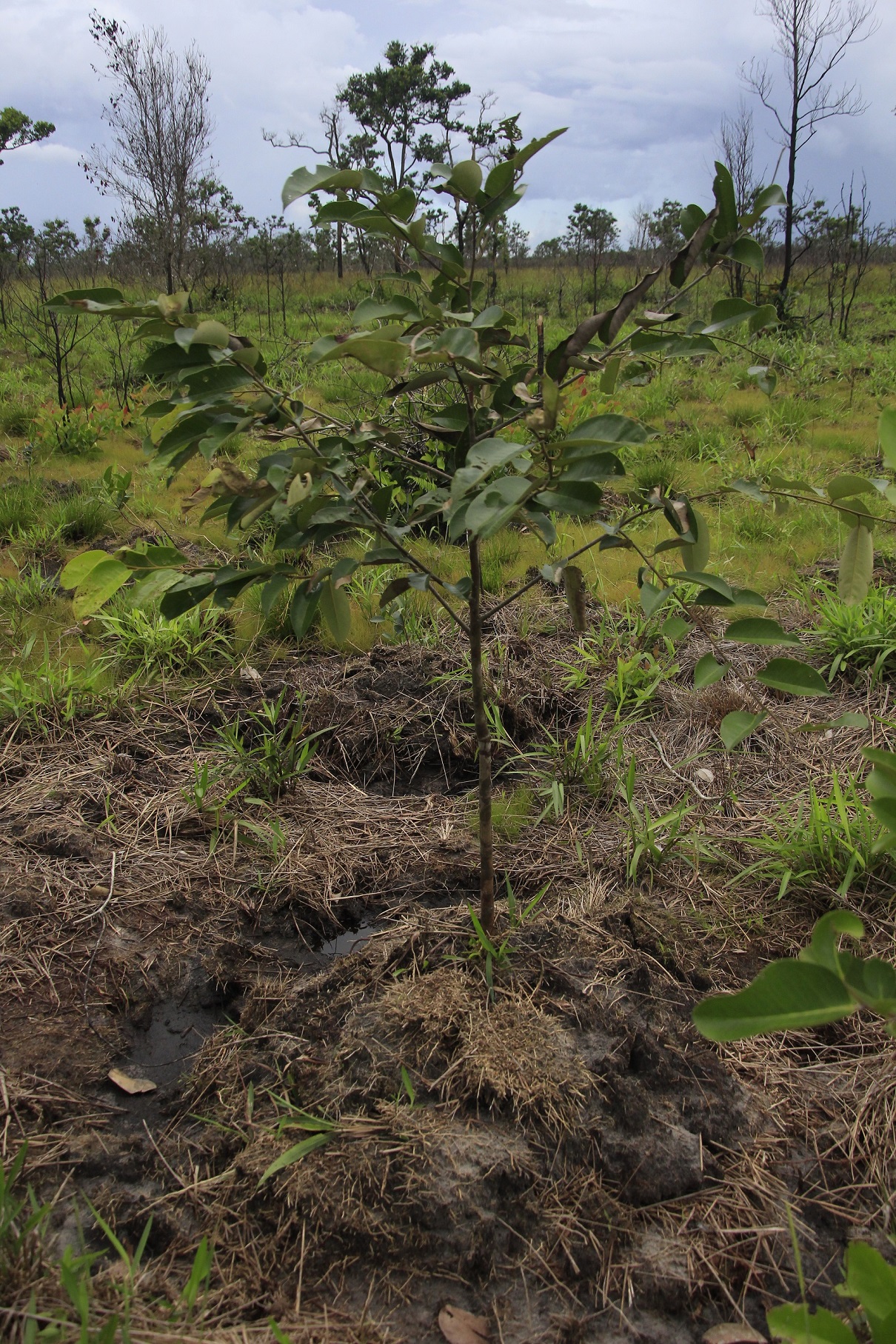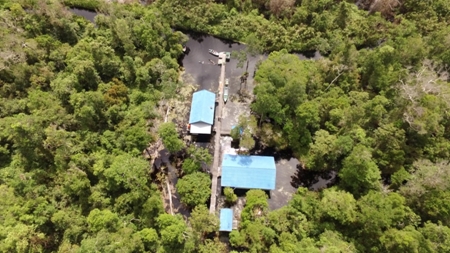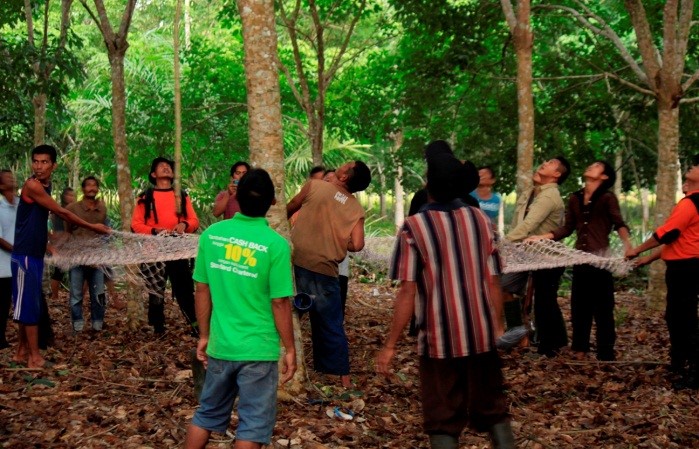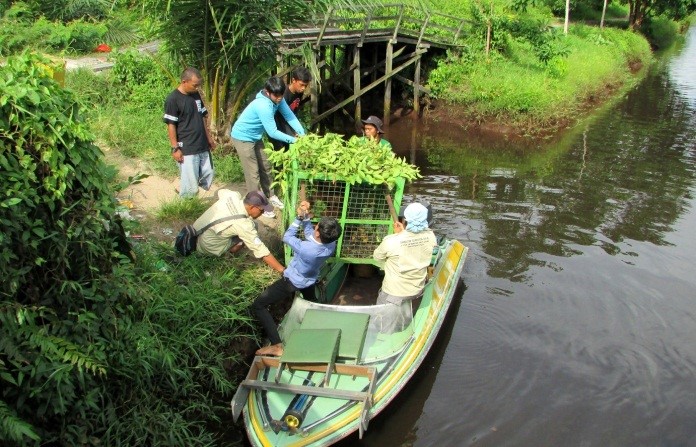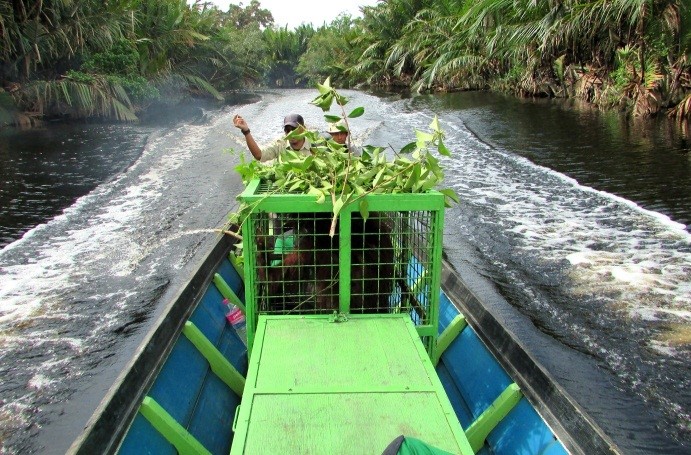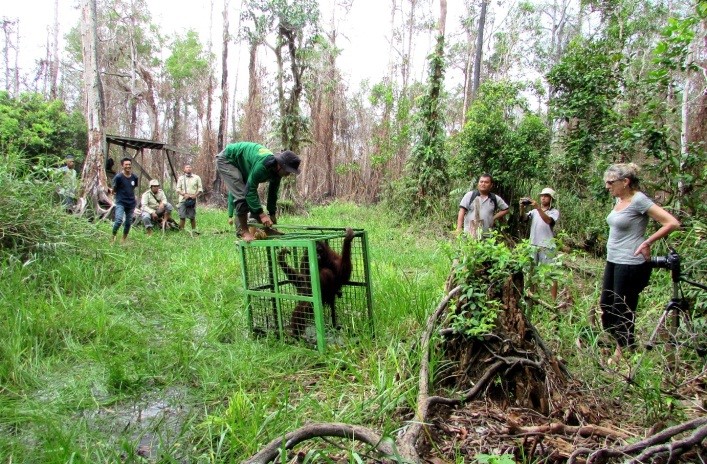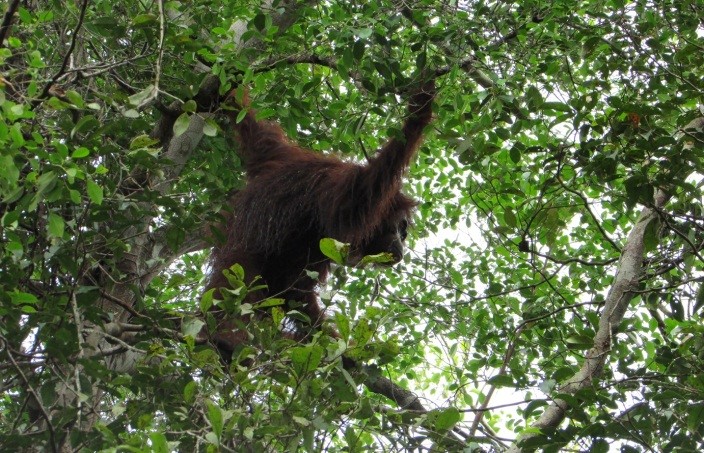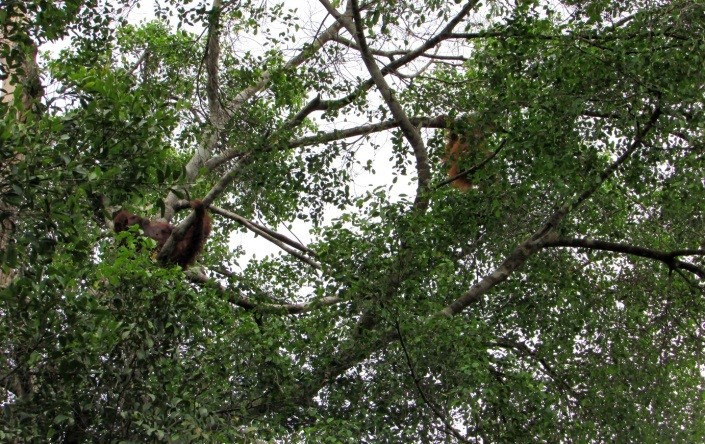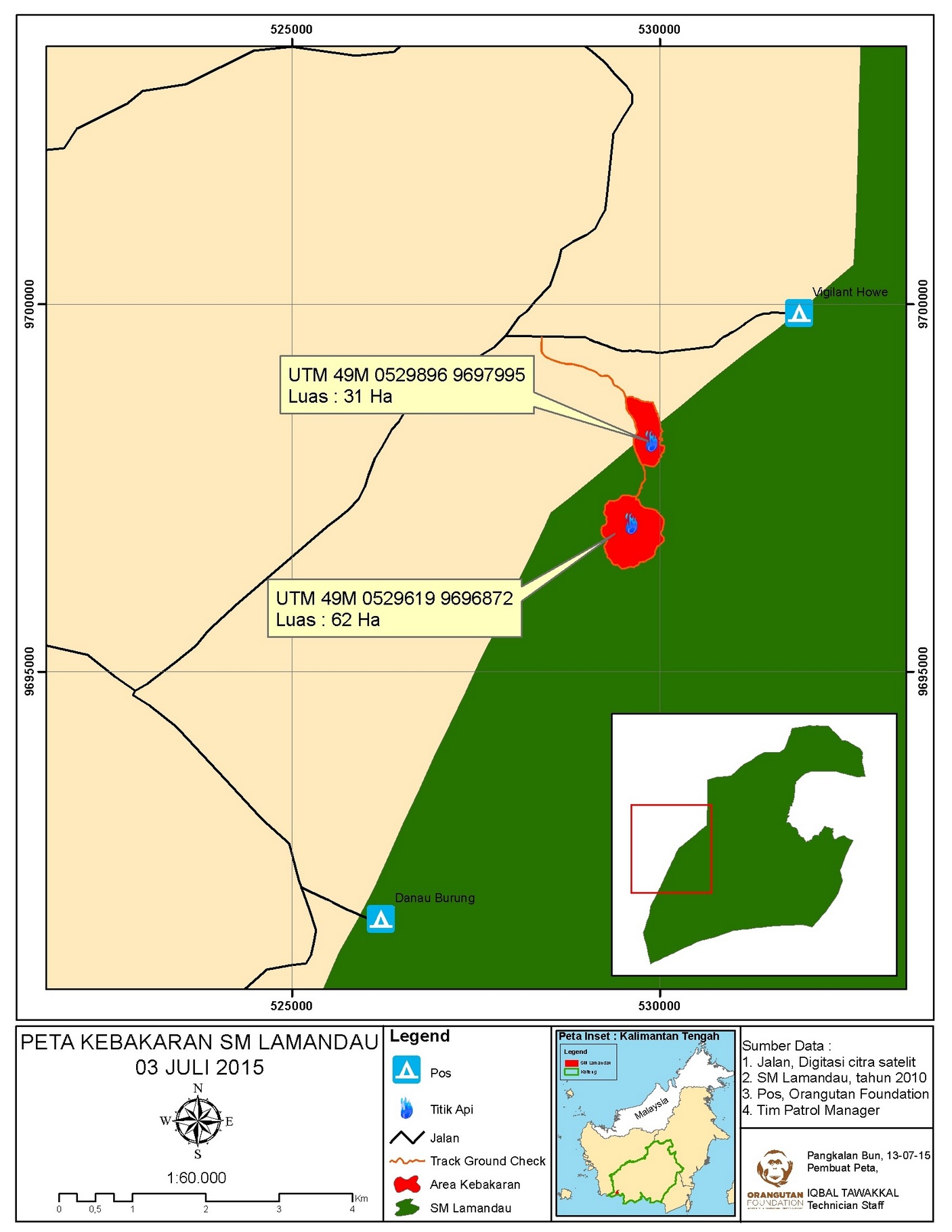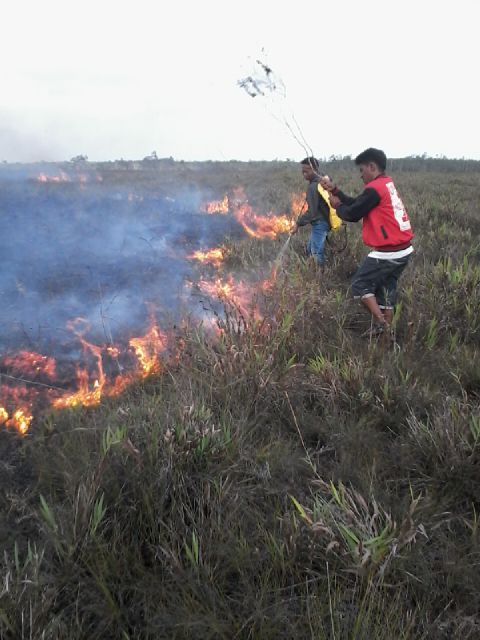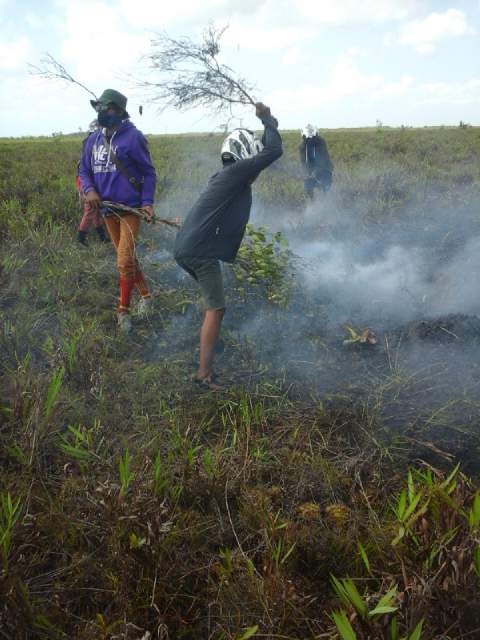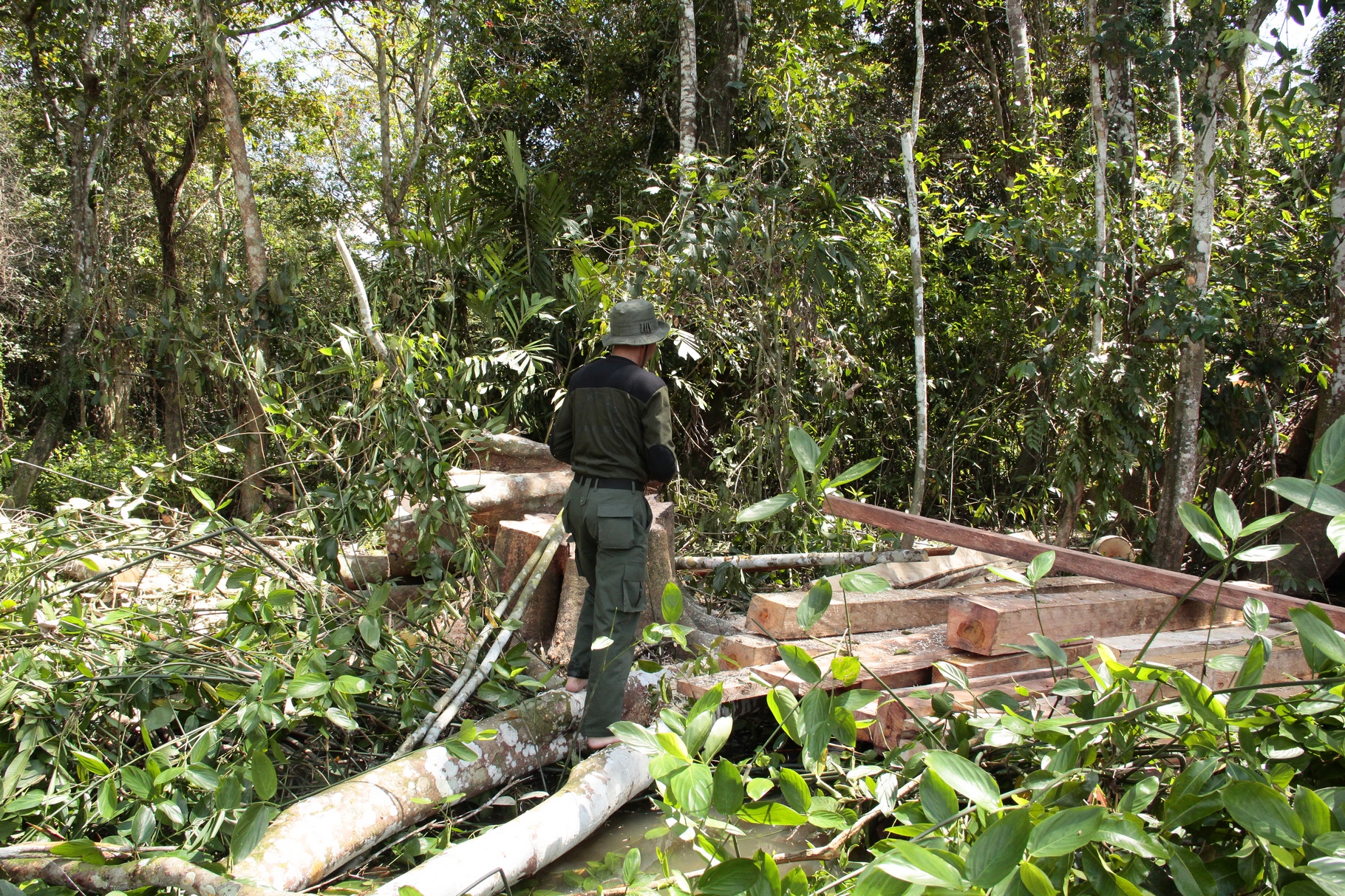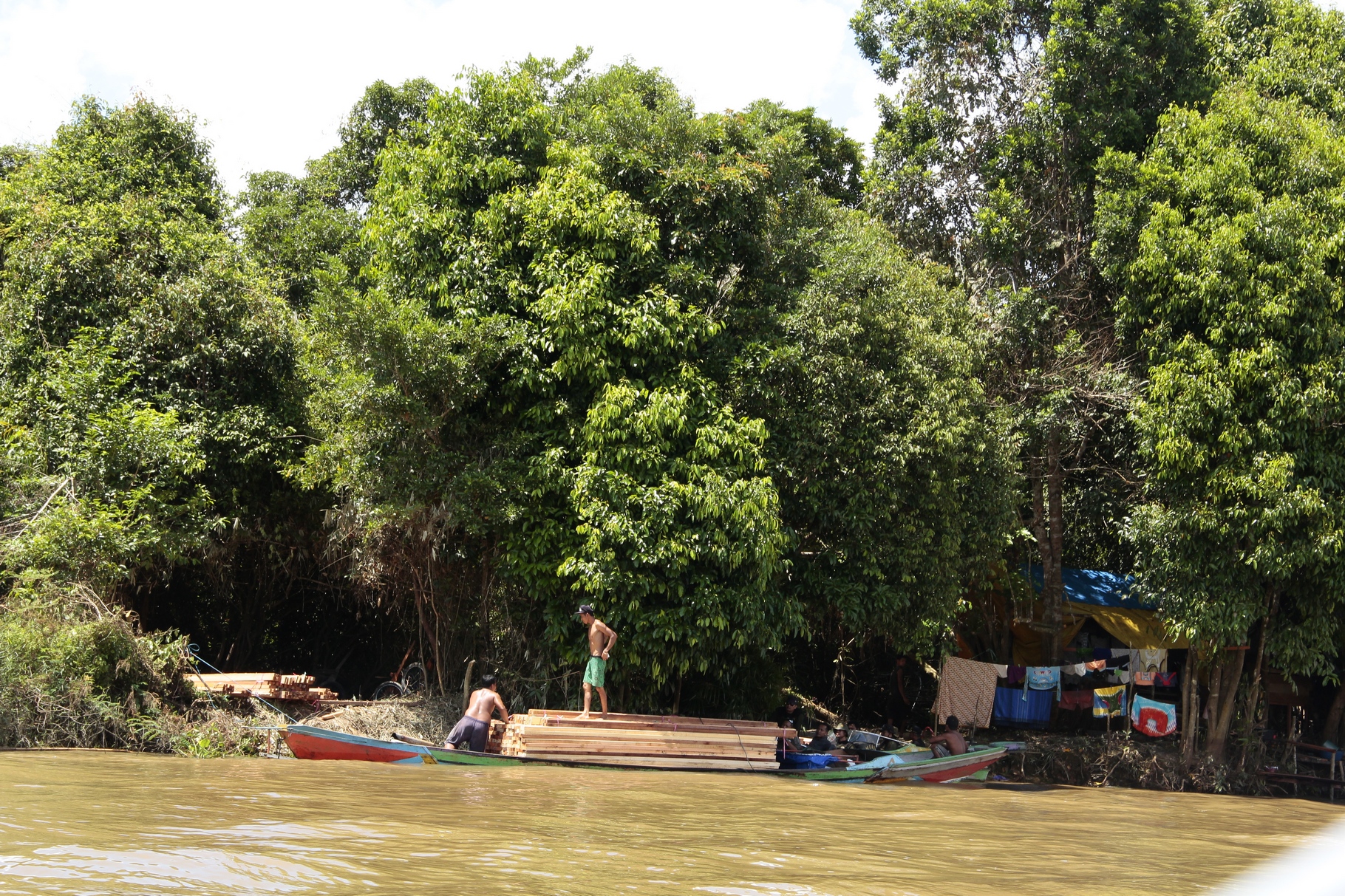Rainforest Reflections by Rowan Sharp (This blog has been edited to include more recent events.)
Working for an NGO that primarily focuses on habitat conservation, I normally try to avoid speaking too emotively or sentimentally about the animals we rescue. But when a wounded gibbon is clutching your hand as he fights for his life, it’s really very hard not to see the emotional side of things.
This particular gibbon had been kept as a pet by a local villager, and bound by ropes within their home. When the gibbon grew in size, and began to become wilder in nature, he eventually bit the owner. It’s a shame that it took an event of this kind to push the owner to give him up to the local authorities, but it at least landed him in the safe hands of the Orangutan Foundation.
It was clear from the moment we laid eyes on him that something was wrong; a usually very energetic (and potentially aggressive) species, the gibbon instead lay limp and silent on the floor of his cage. As soon as we took a closer look, we could see the deep deep wounds around his waist which had already caused a terrible infection. His body trembled violently and there was no shadow of a doubt that he was in a great deal of pain. Domesticated by years of being kept as a pet, the ape was desperate for human contact and reached out to us to be held…ethics and professionalism were thrown out the window at this point. His death truly felt imminent, and refusing to hold him was to sentence him to die alone in a steel cage.
This first encounter was heartbreaking for all involved, and it’s really quite difficult to put the range of emotions into words. All I know is that, at the end of the day, the feeling I felt most strongly was anger. Anger at the people who could tie up an innocent animal without a second thought to its well-being (never mind that gibbons are one of the most intelligent species on the planet). Anger that in this day and age, when awareness is so high, people still don’t see a problem with keeping a wild ape as a pet. And anger that we couldn't have done anything sooner; maybe somehow prevented the infection from getting to this late stage. But there was no one around to direct this anger to. We felt helpless, and there was little to be done but to hold his hands and hope for the best.
For the next few days, the gibbon was held in the Foundation’s office in Pangkalan Bun where he could receive constant care from our staff. He remained weak and his wounds were not visibly healing, but his appetite was building – as was our optimism. Sadly at 1:04am on Friday April 15th, we received word from our night guard that the gibbon had passed away.
We are all devastated by this turn of events and can only hope that his story can serve as a lesson to all.


